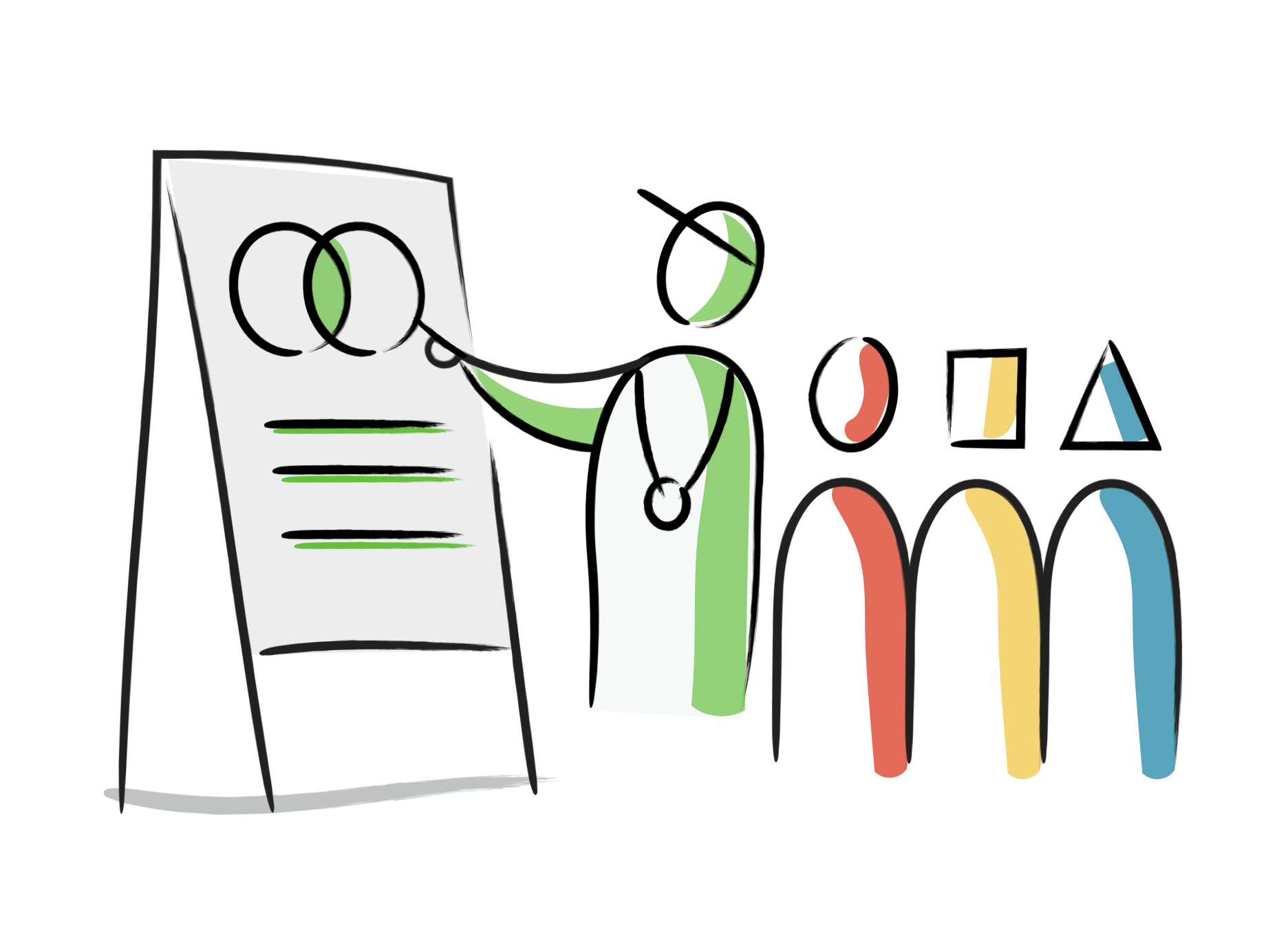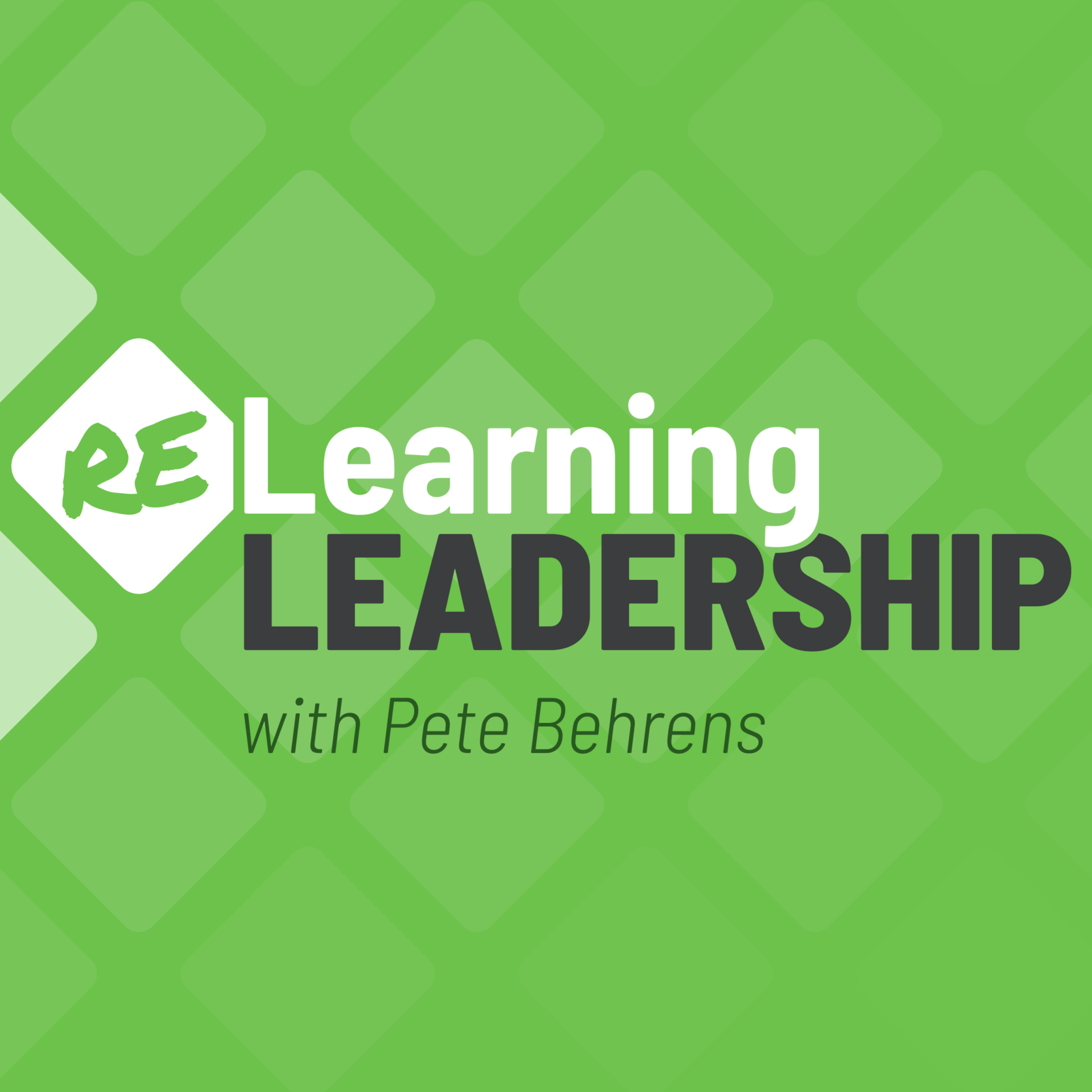Why Leaders Need to Relearn Leadership
Traditional ways of leading are failing to meet the challenges of our time. Organizations and their leaders are increasingly facing global disruptions resulting from climate change, social turmoil, technological advancement, political polarization and more. Such disruptions do not occur in isolation, and they are further complicated by how they intersect.
We don’t need to look far to see examples of this with the COVID-19 pandemic and its lasting impacts that continue to plague our global society and challenge leaders across industries. Innovation led to successful vaccine development, yet we’re struggling to get vaccines in arms worldwide — a crucial step toward saving lives and reviving our global economy. Wider distribution of promising treatments that minimize mortality, especially for those with comorbidities, are currently prohibited by their need for IV administration. Virus variants pose threats that are not yet fully understood and are juxtaposed with restaurants, tourism-dependent economies, and other businesses or all types and sizes risking failure as they remain shuttered.
Then there are the unforeseen pandemic-induced challenges, which continue to create a domino effect across countless industries and populations:
Around the planet, the pandemic has disrupted trade to an extraordinary degree, driving up the cost of shipping goods and adding a fresh challenge to the global economic recovery. The virus has thrown off the choreography of moving cargo from one continent to another. (‘I’ve Never Seen Anything Like This’: Chaos Strikes Global Shipping, The New York Times).
Throughout the pandemic, women have been forced to leave the workforce (and leadership roles) at a rate much greater than men, unwinding decades of progress. As noted by Kweilen Ellingrud and Liz Hilton Segel, “One of the main drivers of this disparity is the increased burden of unpaid care—shopping, cooking, cleaning, taking care of kids and parents in the household—which is disproportionately carried by women” (COVID-19 has driven millions of women out of the workforce. Here’s how to help them come back, Fortune). Certainly, not an exhaustive list, the above highlight just a handful of pandemic-related challenges that leaders are navigating now and will be for the foreseeable future.
Earlier in the pandemic we wrote a blog that discusses four focus points for leadership in this new disruptive world of work. Learning how and when to control, clarify, create and connect are key, and still, they are not enough. Leaders must constantly push themselves to examine their approach, consider other perspectives, address new and ever-changing challenges and opportunities while keeping themselves and their organizations relevant - they must re-learn.
Leadership and the learning it requires, can be an isolating path. The misconceptions that leaders have all of the answers, only make good decisions and are following a pre-defined plan toward success are unrealistic at best. In the initial episode of ALJ’s podcast “Why (Re)Learning Leadership?”, founder Pete Behrens shared:
"When I think about corporate leadership, while our sports professionals get paid pretty well to have a lot of coaches at their side, a lot of our corporate leaders just don't have the resources, don't have that education and foundation and help along the way to have five people telling them what they're doing right and wrong.”
We need to shift our expectations of ourselves as leaders and our expectations of others in leadership roles. ALJ Guide Karen Kemerling continued:
As a professional athlete, a coach is a good thing, right? It's good to have pitching coaches, and strength coaches, and nutrition coaches. A lot of times, as executives or leaders, we're like, "Ah, a coach? That must mean I'm weak. That must mean I need help or something." And it's like, "Let's turn that around."
Navigating the complexity of globalization together is a little less daunting as we share insights, hear how others have overcome challenges, and open ourselves up to new perspectives. Traditional approaches we may have learned in business school and over the course of our careers may not prepare us for the complexity of the intertwined disruptors we’re seeing today. As Pete says, “There's so much going on in today's society, and...even the things we've been taught may be changing, or are likely changing. It's like the rug getting pulled out from under us.” Today, leaders need “virtual” coaches by their sides to share their learnings as they navigate this new terrain. Learning communities, discussion forums and podcasts provide such outlets to engage with peers, hear different perspectives and consider other approaches on an ongoing basis. Launching this podcast, we hope to provide leaders an opportunity to journey together as we know learning and re-learning happens best in social context, through our interactions and communications with others.
Tune In
Today’s leaders have a choice between adaptation or atrophy: are you ready to evolve your mindset and accelerate change within your organization? Check out
(Re)Learning Leadership, the official podcast of Agile Leadership Journey™. For leaders, by leaders.









